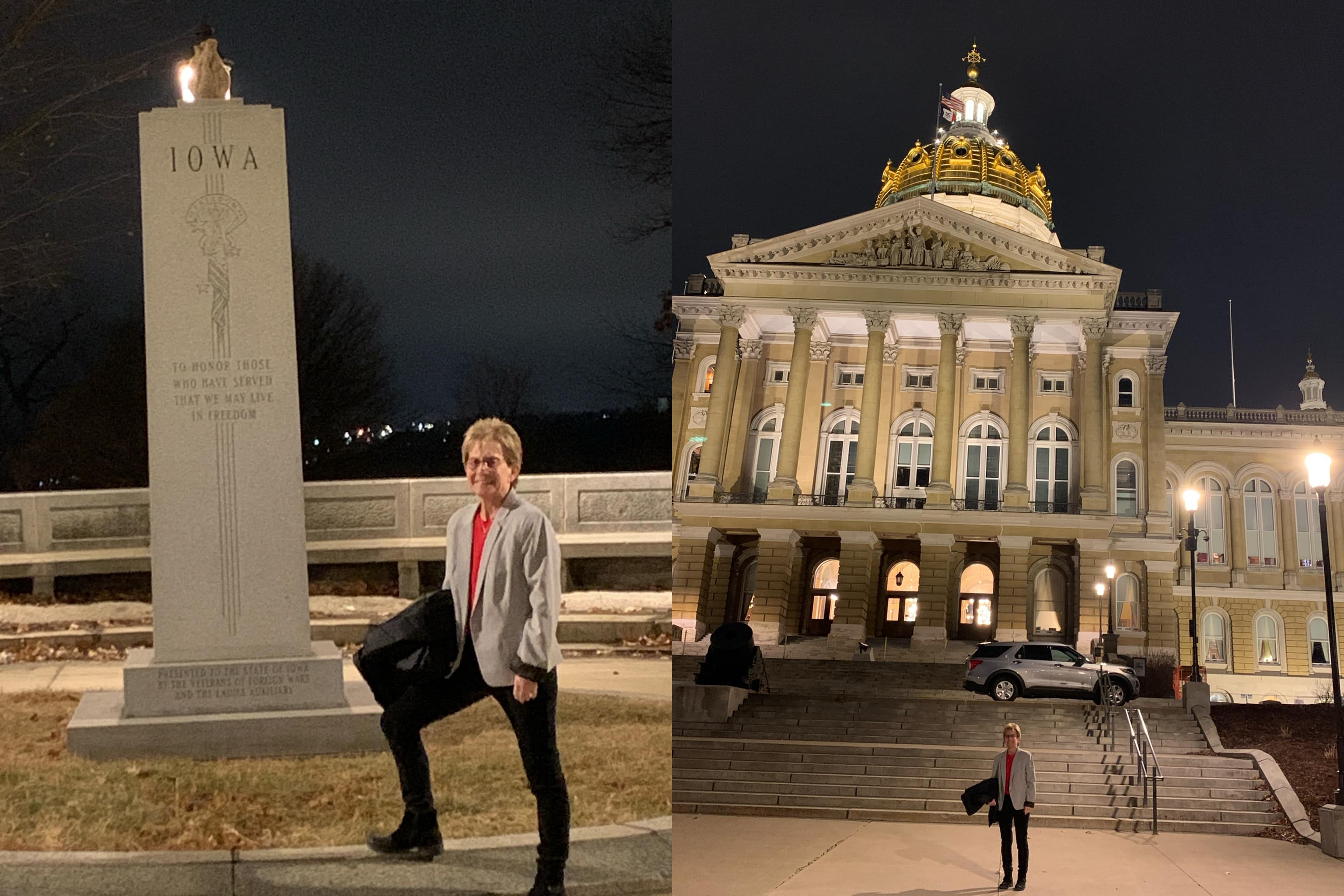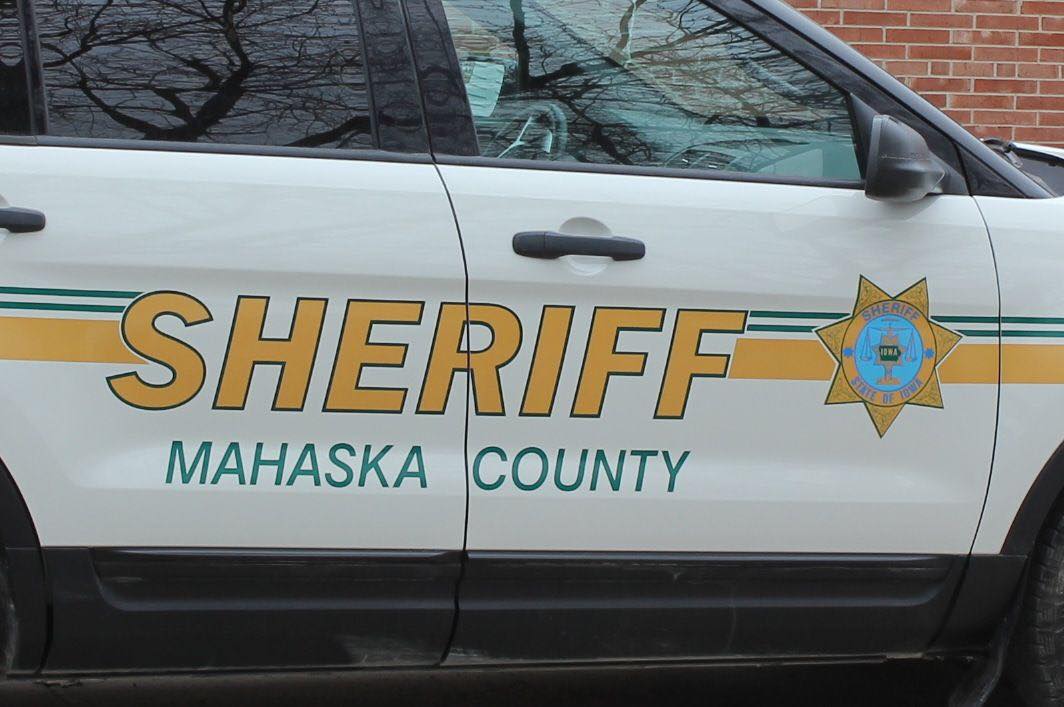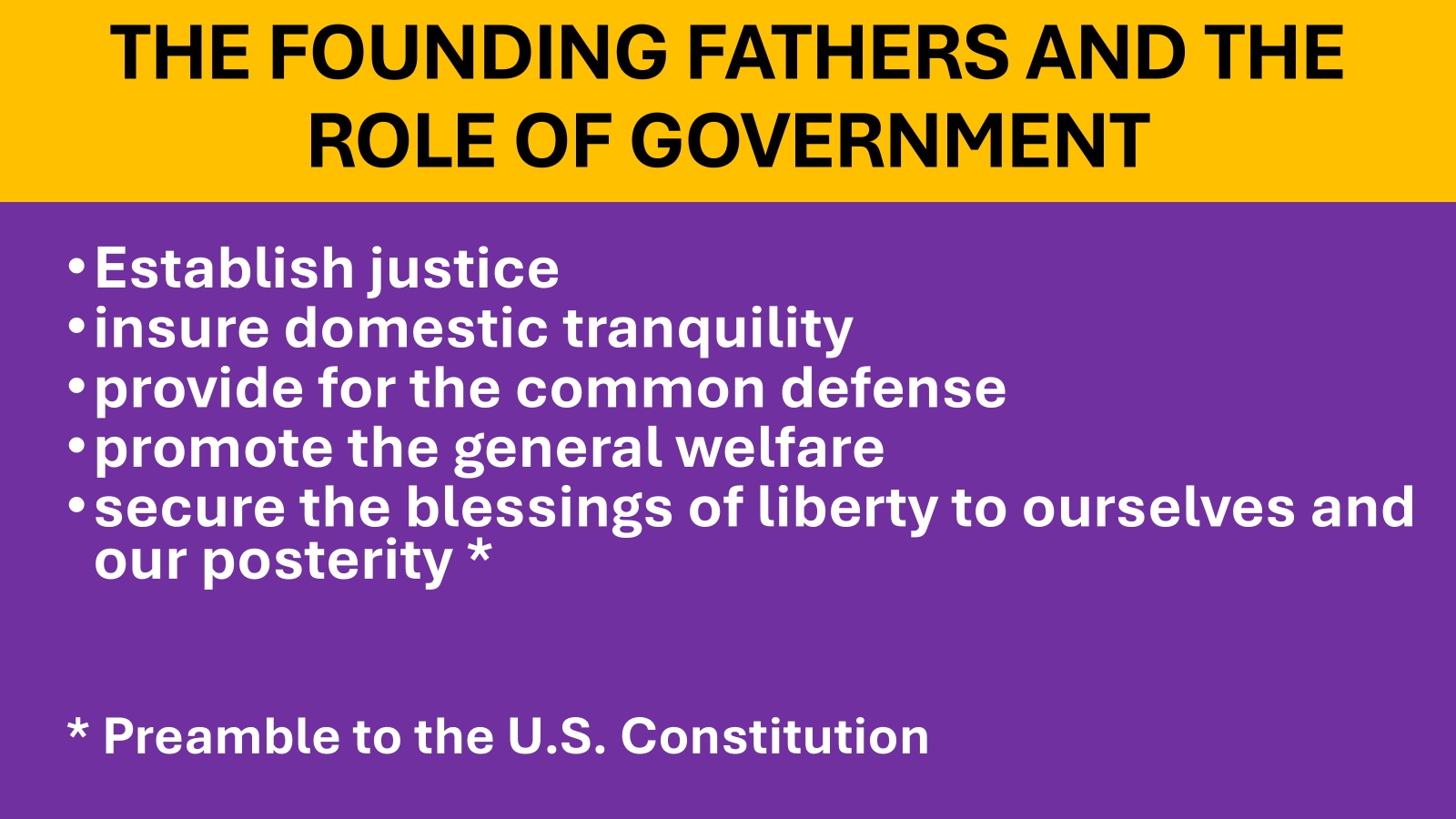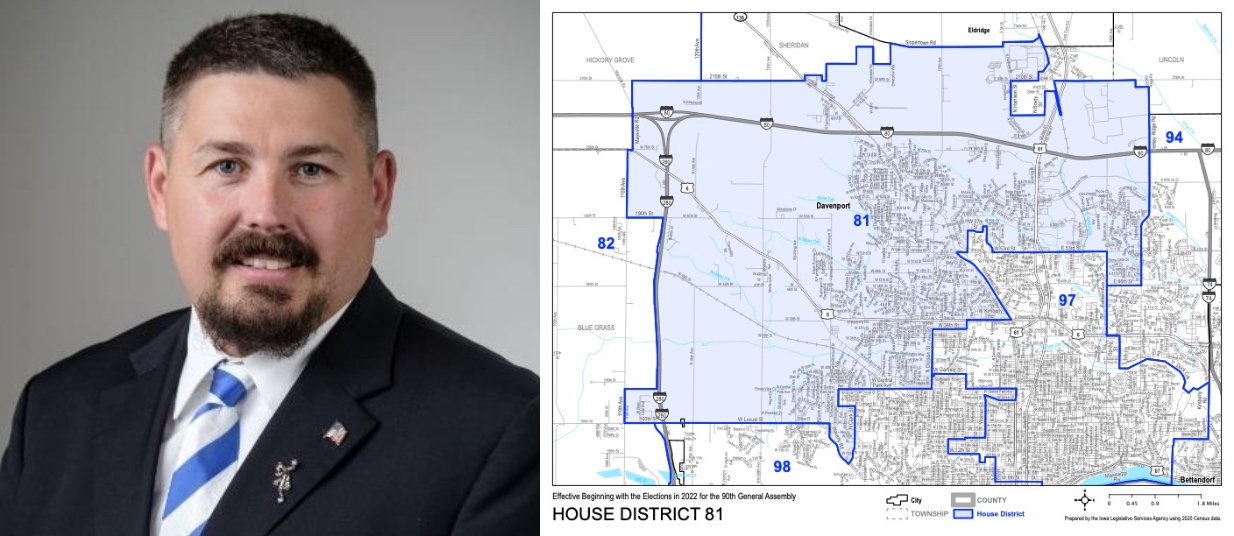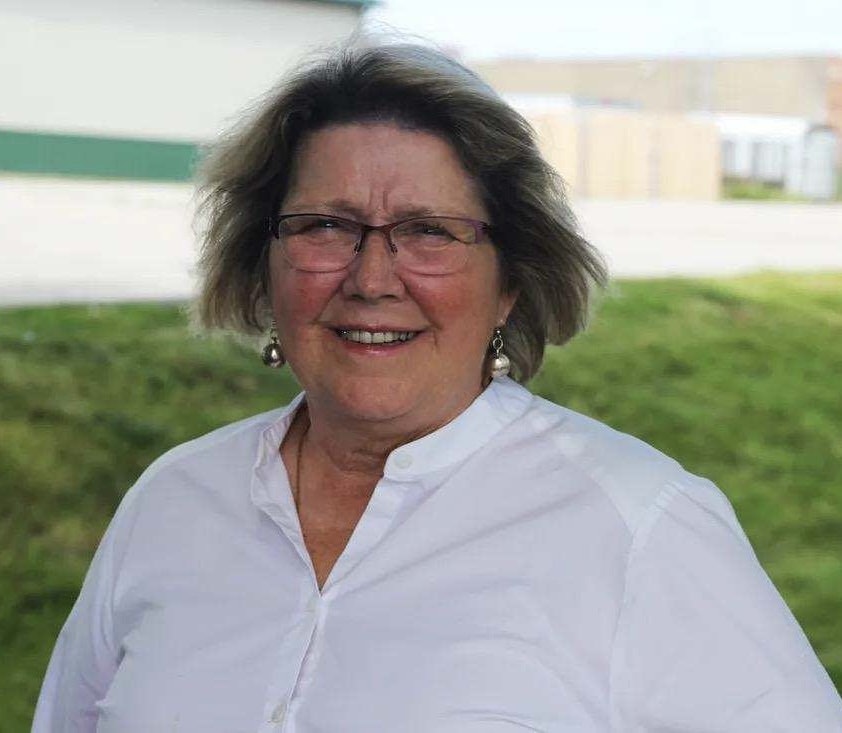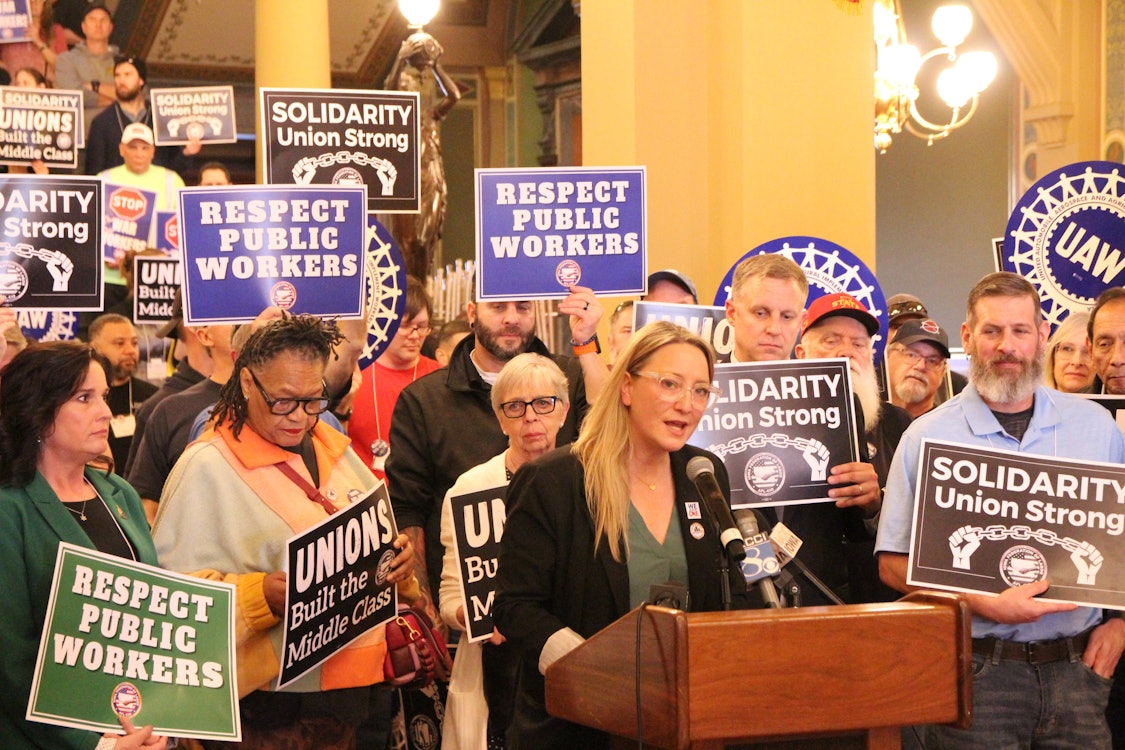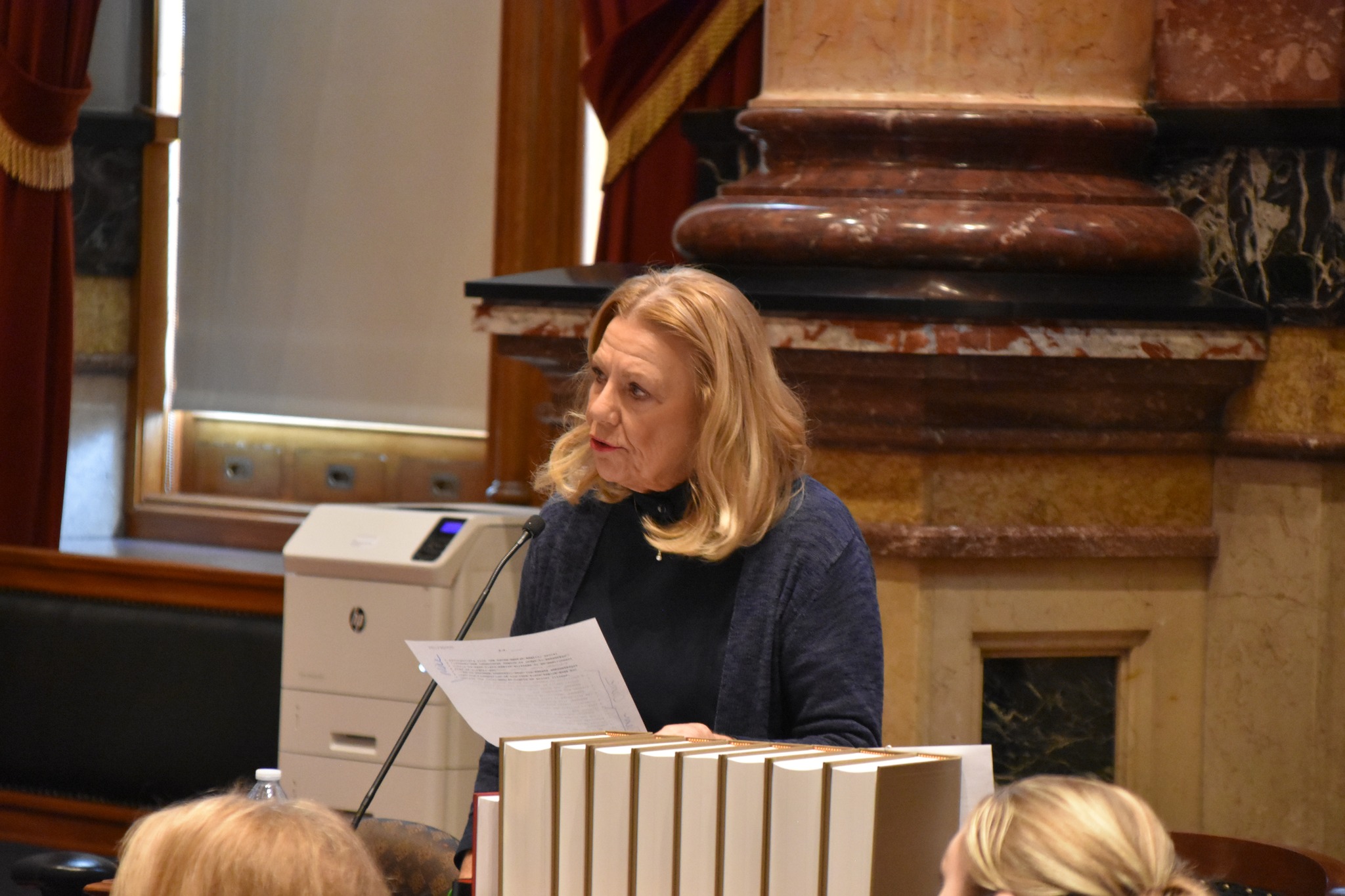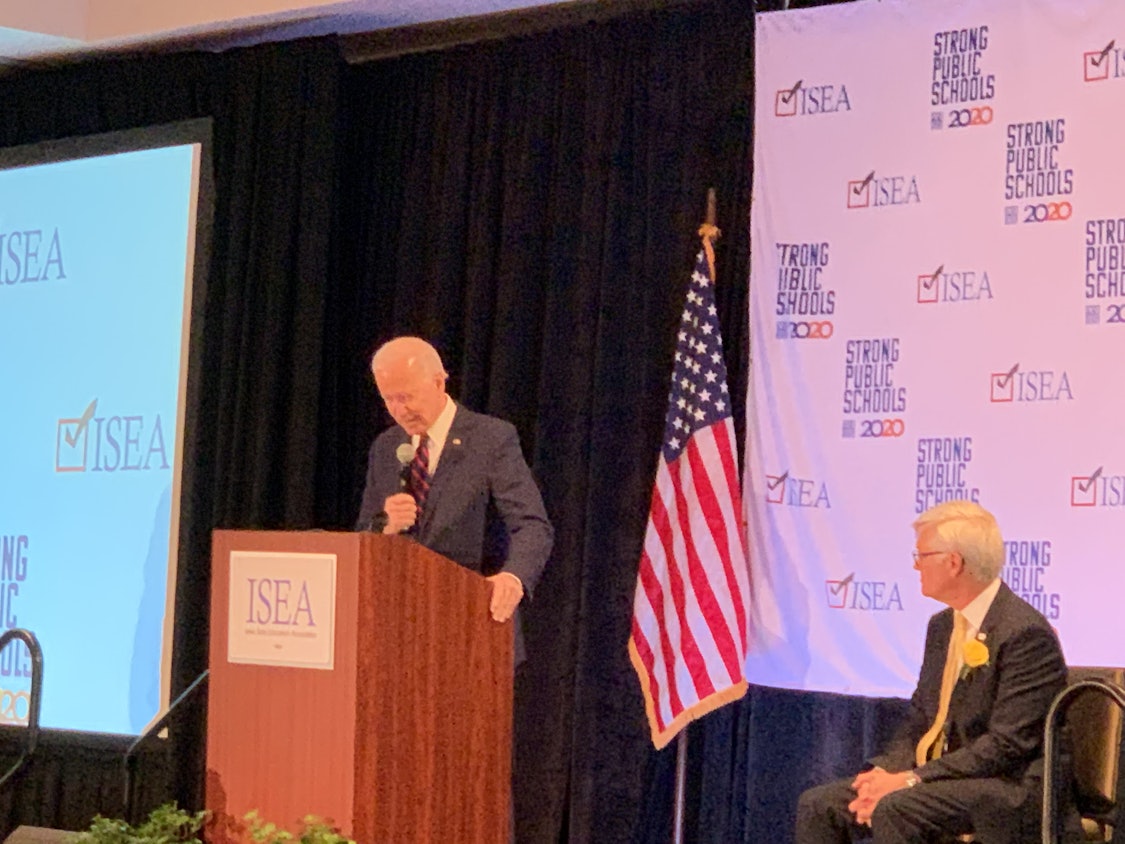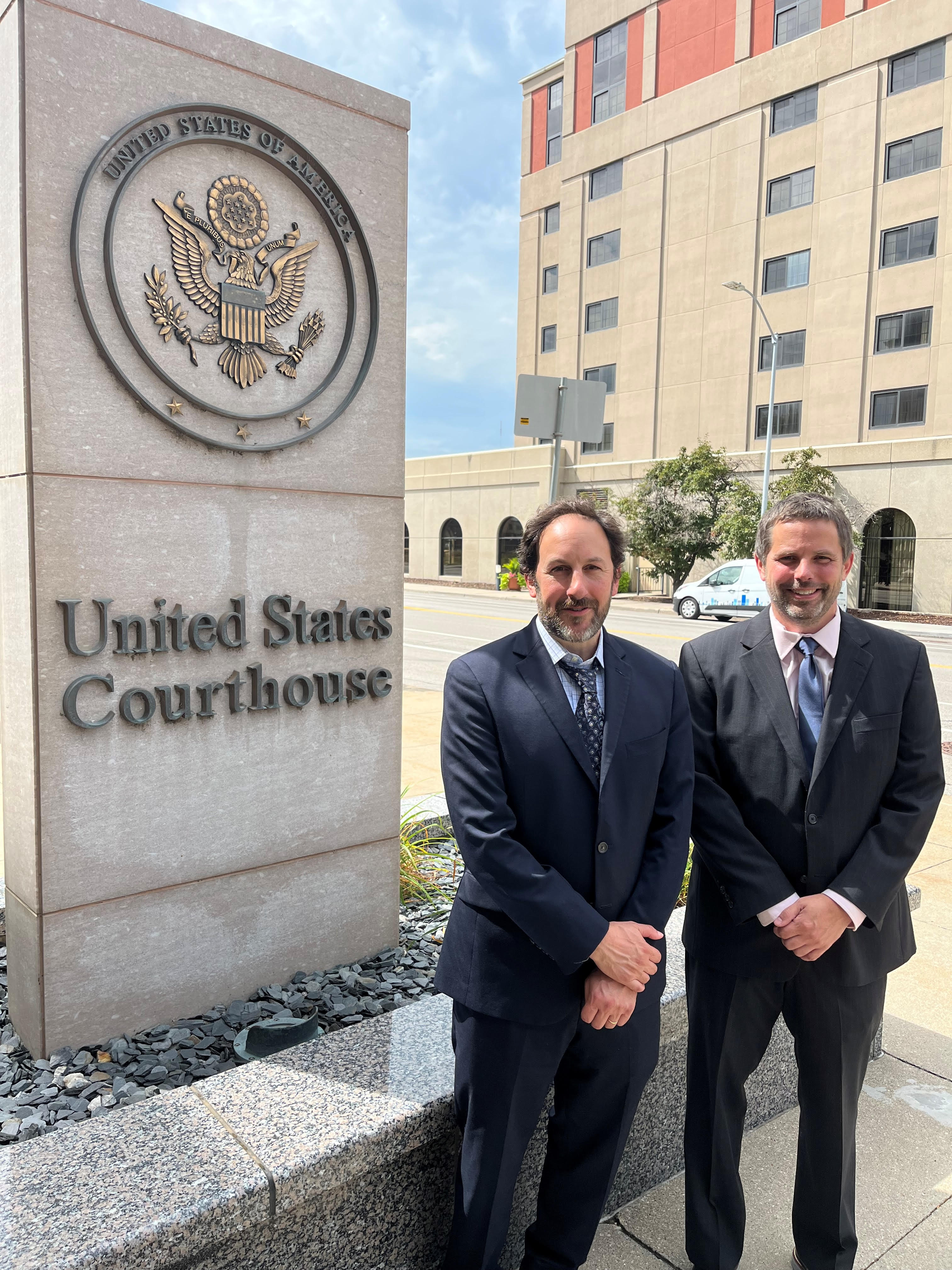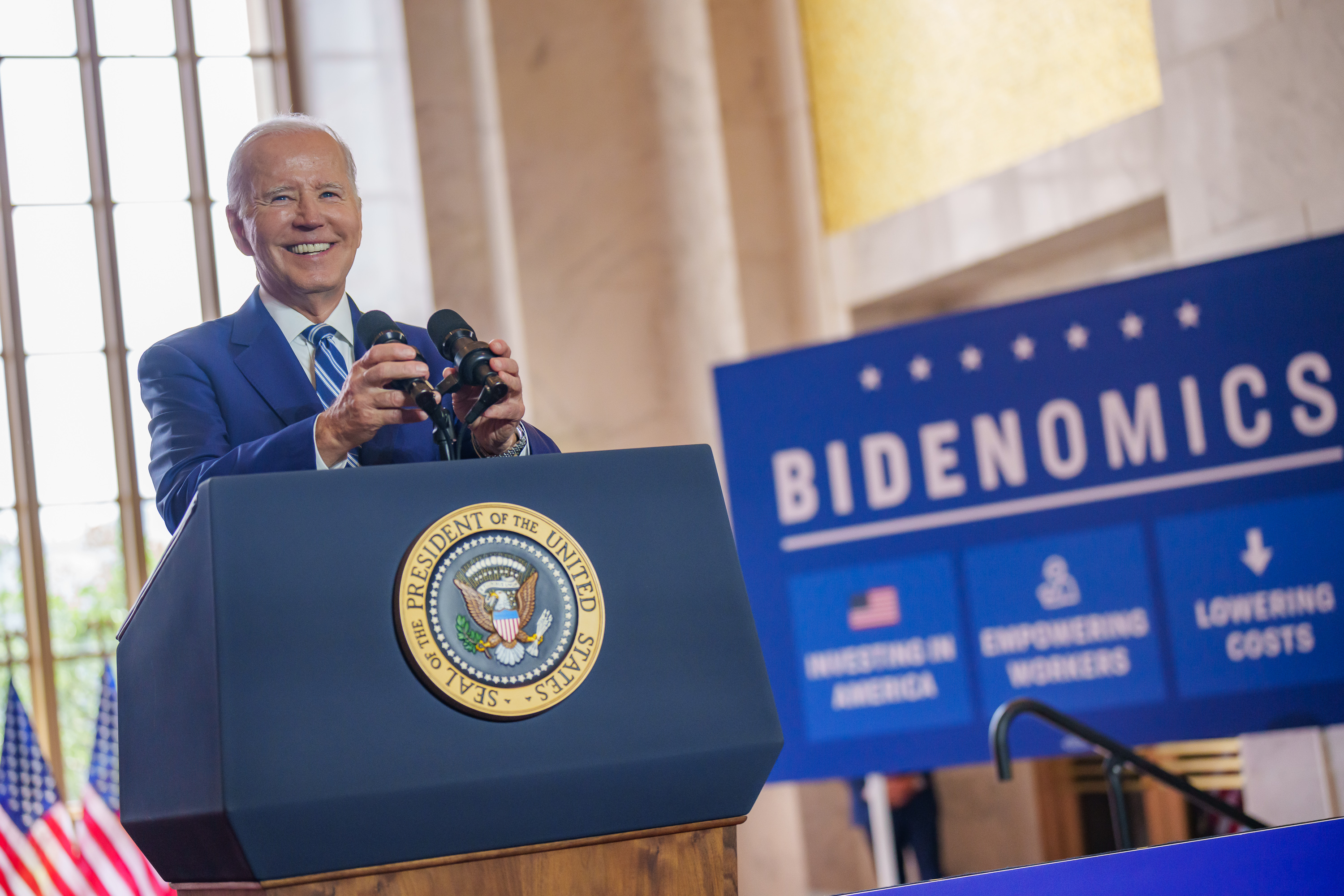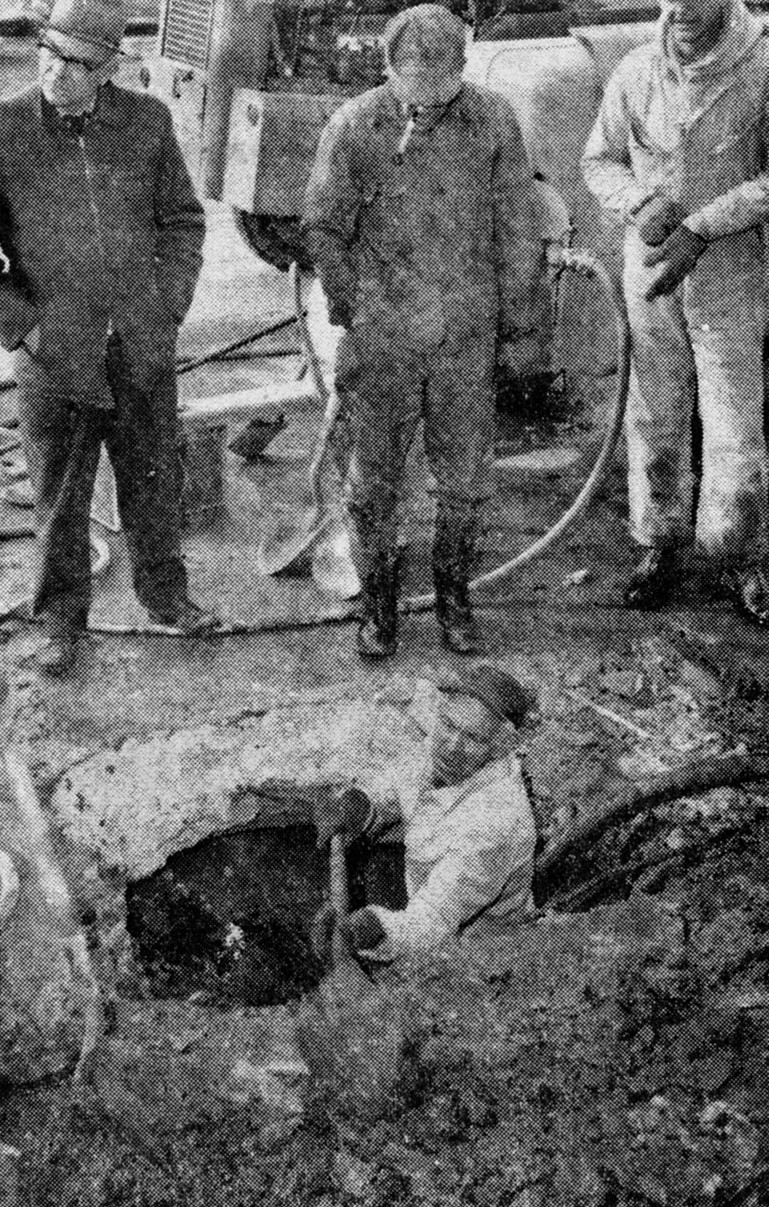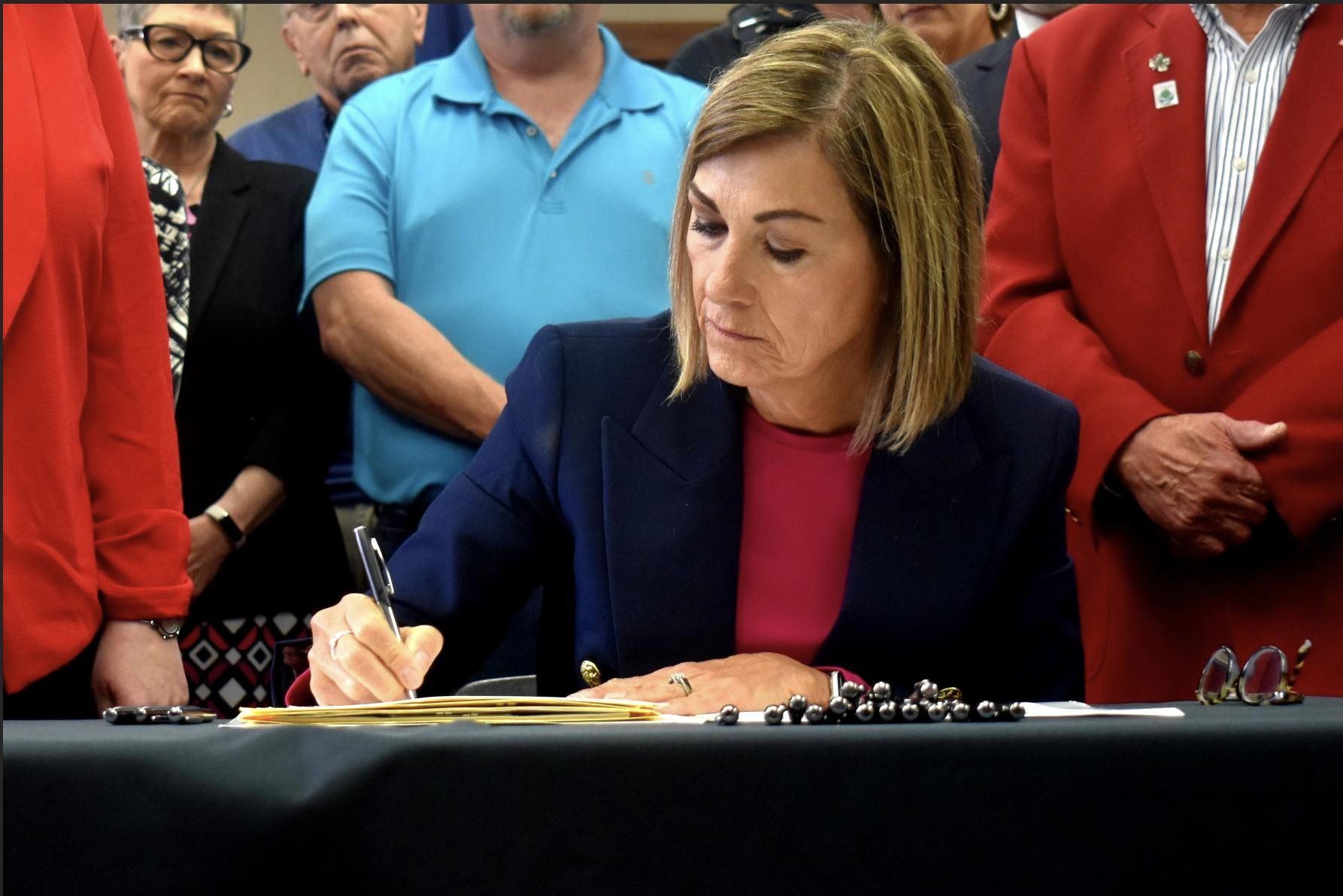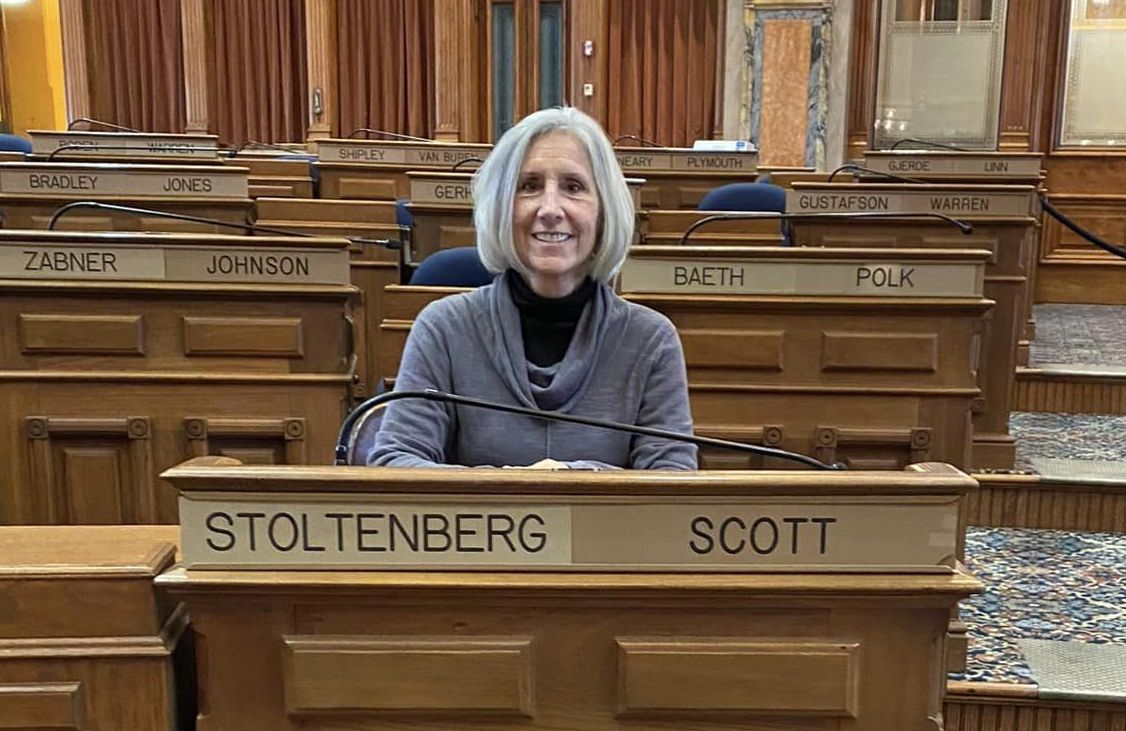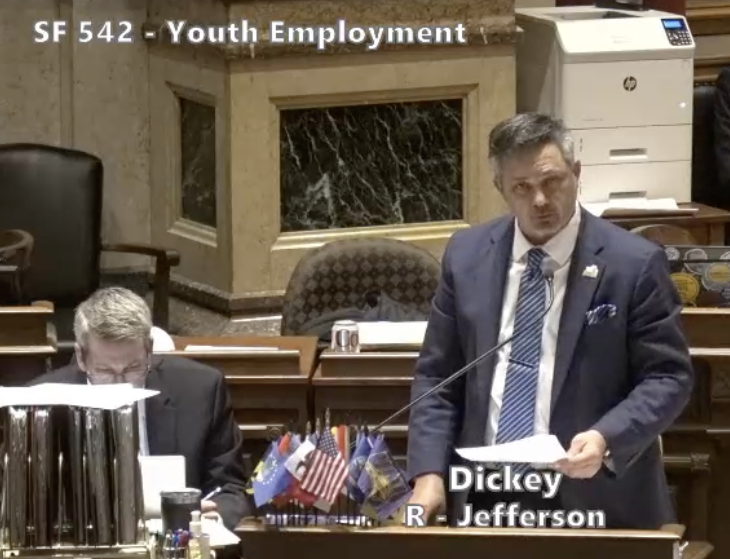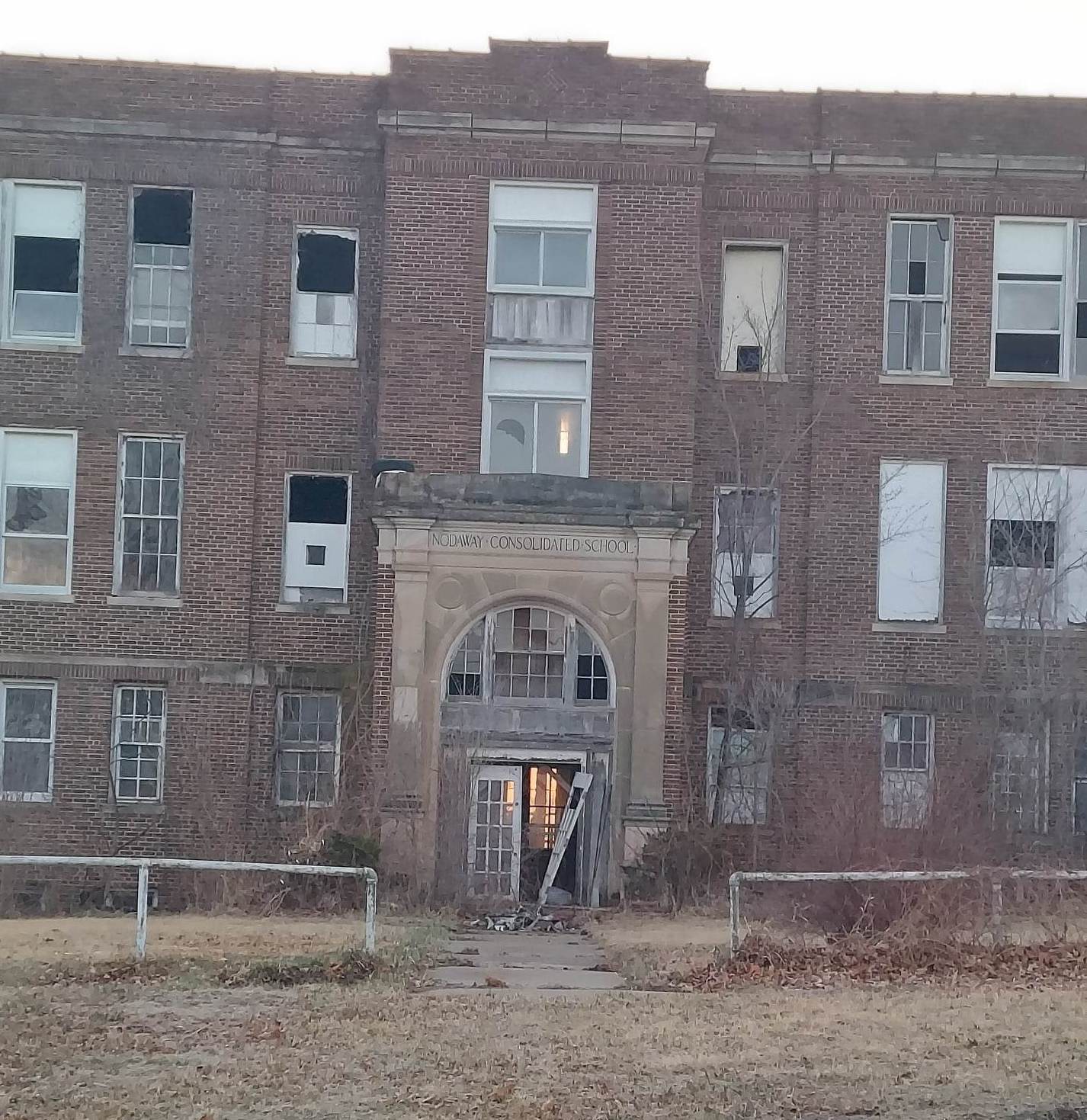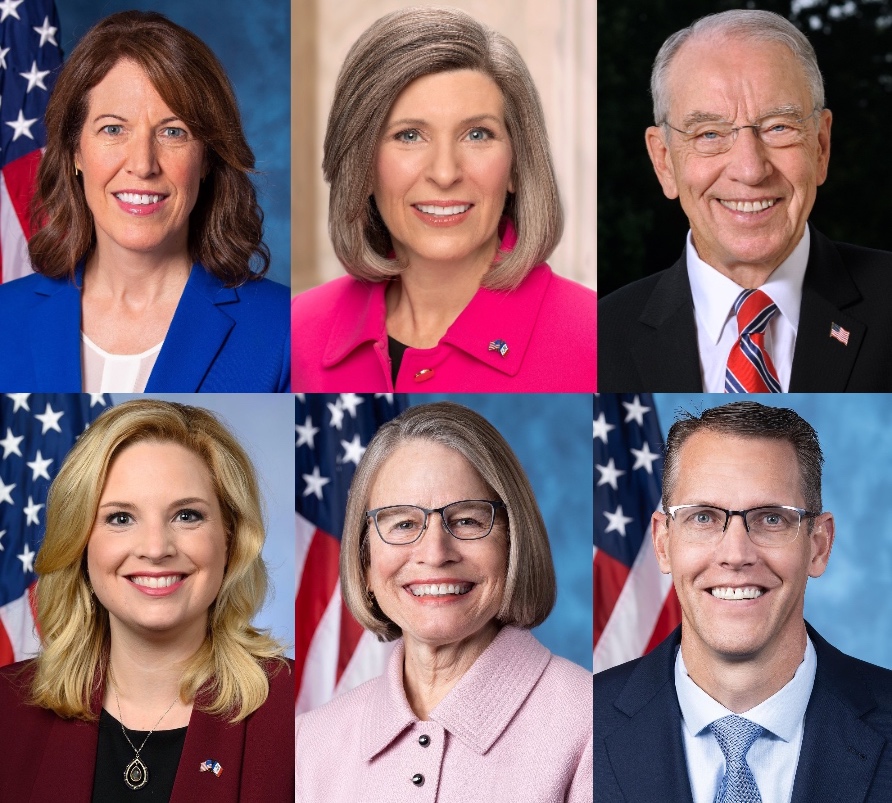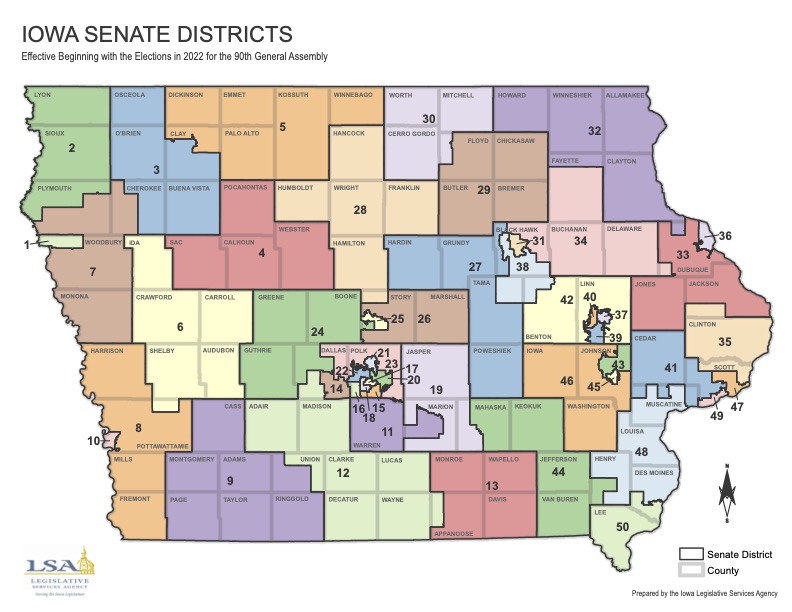Bruce Lear lives in Sioux City and has been connected to Iowa’s public schools for 38 years. He taught for eleven years and represented educators as an Iowa State Education Association regional director for 27 years until retiring. He can be reached at BruceLear2419@gmail.com
Author’s note: This is the long play version of a speech I gave during the May Day Rally in Sioux City, sponsored by the “Siouxland Good Trouble Makers.” It rained during my speech, so I did an abbreviated version. Here is the full text. An estimated 150 people attended this rally.
This crowd gets my blood pumping! On this May Day, let’s remember the International Worker slogan of 1905: “An injury to one is an injury to all.” It was true then. It’s true now.
If one person is denied due process, equal justice is on life support. When the richest man in the world waves around a chain saw gutting essential programs, run by essential workers, and when a president imposes reckless tariffs, America bleeds.
Rallies like this one are the tourniquet that stops the bleeding. Today, our collective voices speak truth to power. This isn’t about political red or blue. It’s about right and wrong.
Continue Reading...



